Winter vegetables are an essential part of the seasonal offerings in markets, bringing both variety and nutritional value to the table during colder months. As temperatures drop, these hardy vegetables thrive in the chill, offering consumers fresh, local produce when many summer varieties are no longer available. These vegetables are often packed with nutrients that are perfect for boosting immunity and providing warmth during the winter season.
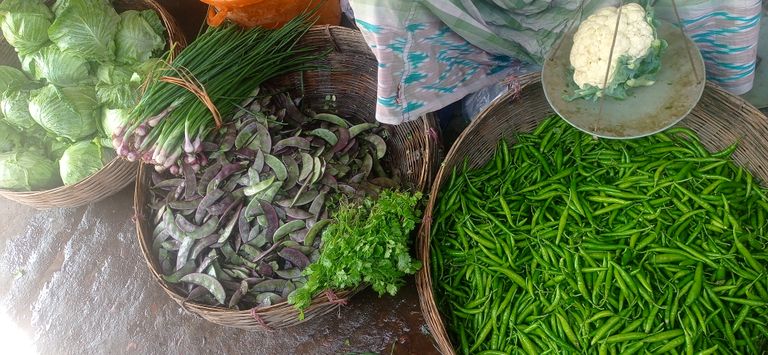

One of the most commonly found winter vegetables is the root vegetable. Carrots, parsnips, turnips, and rutabagas are staples that grow well in cold weather. Their dense, earthy flavors make them perfect for roasting, mashing, or incorporating into stews and soups. Root vegetables are known for being rich in fiber, antioxidants, and vitamins, all of which are vital for maintaining health during the winter months when colds and flu are more prevalent. Beets, with their rich, deep color, are also an excellent source of folate and fiber, making them a great addition to any diet.
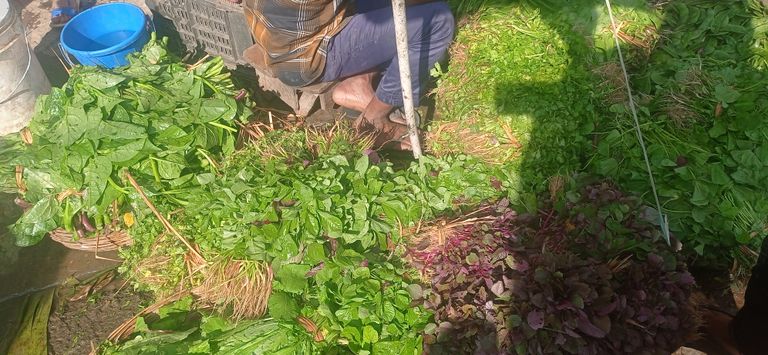
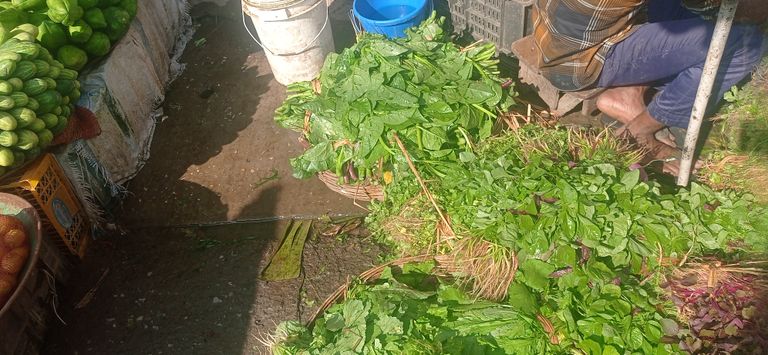
Leafy greens, though often associated with warmer months, are also abundant in winter markets. Kale, collard greens, and Swiss chard are frost-tolerant and maintain their flavor and texture well even after a light freeze. These dark, leafy greens are loaded with vitamins A, C, and K, along with essential minerals like calcium and iron. Their slightly bitter taste pairs well with winter dishes such as hearty soups, stews, and even sautéed as a side dish.
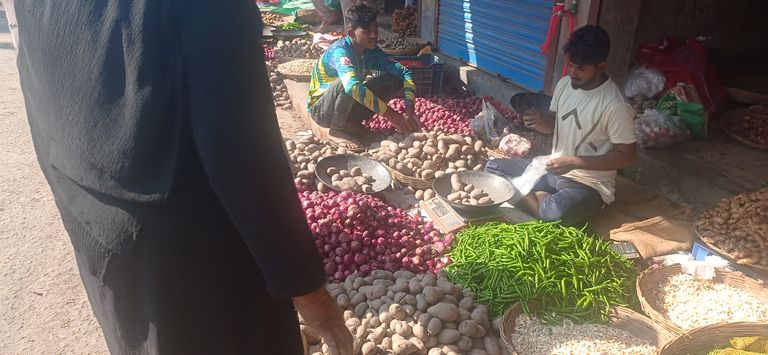
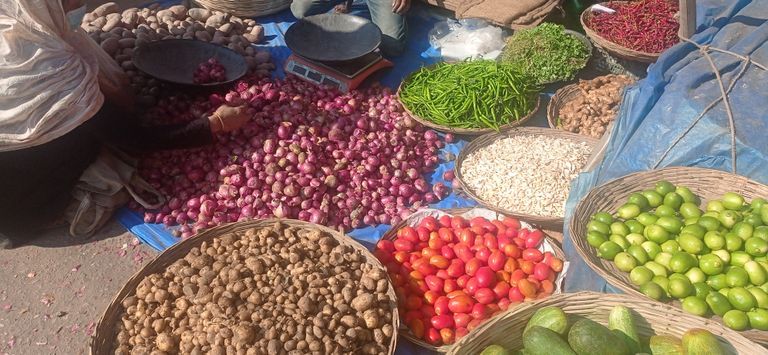
Winter squash varieties such as butternut, acorn, and spaghetti squash are another common sight in winter markets. These vegetables have a naturally sweet flavor and a dense, creamy texture that makes them ideal for roasting or adding to casseroles. Rich in vitamins A and C, squash helps support skin health and immune function, which is especially important during the winter months. Additionally, squash is high in fiber, which helps with digestion.
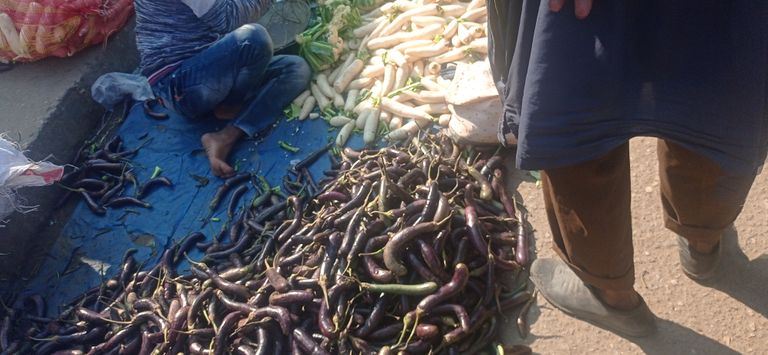
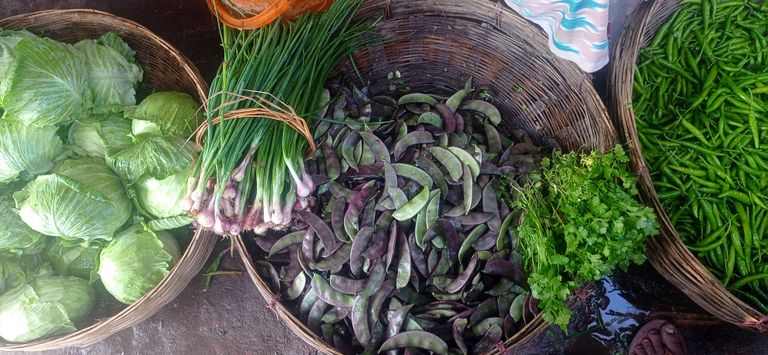
Brussels sprouts, cabbage, and broccoli are also part of the winter vegetable roster. Brussels sprouts, often seen as a divisive vegetable, are packed with vitamins C and K and contain compounds that promote detoxification. Cabbage, a versatile vegetable, can be used in everything from soups to coleslaws, and broccoli's high vitamin C content makes it a great immune booster during cold and flu season.
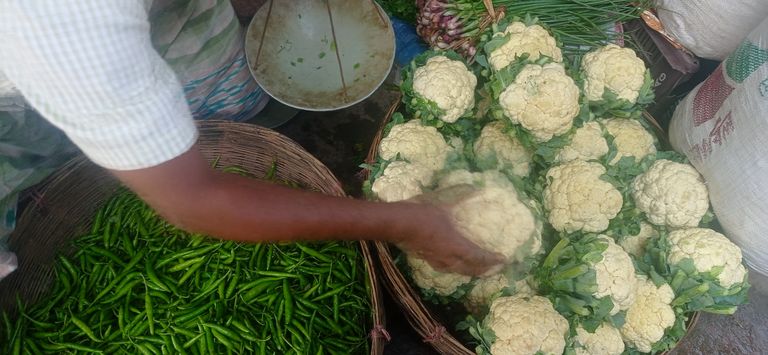
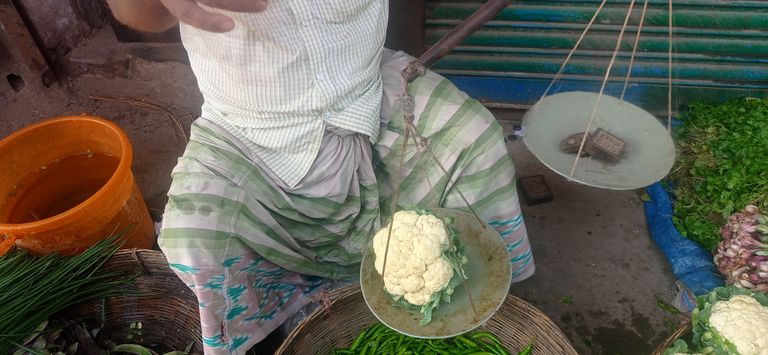
In summary, winter vegetables not only offer a welcome change from the abundance of summer produce but also provide a wide range of health benefits. With their heartiness, versatility, and rich flavors, these vegetables are a staple in the markets and kitchens of many during the colder months, contributing to balanced diets and the enjoyment of seasonal meals.
So far Today...
Stay Home
Thanks for Your Time Friend.
♥♥♥♥♥♥
Ok
See you Again in a New blog.
Thanks for being with me.
Plese Follow Me......
@mspbro
★★To contact me★★
Subscribe My 3speak Channel https://3speak.online/user/mspbro
Follow me Twitter https://twitter.com/mdsumonpra
Add me Facebook https://www.facebook.com/sumon.mim84